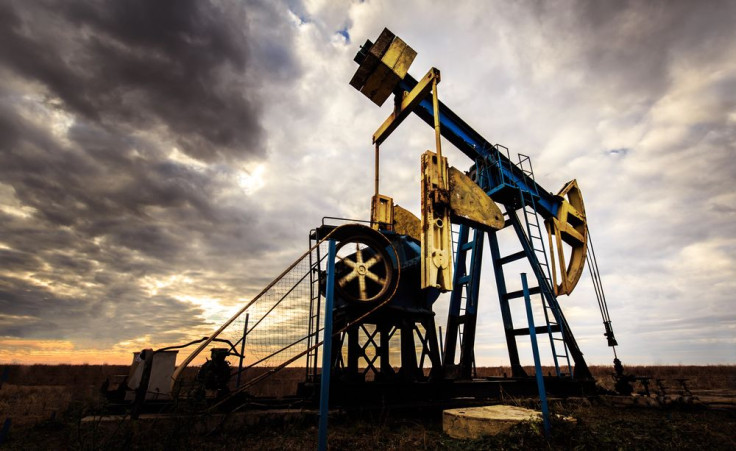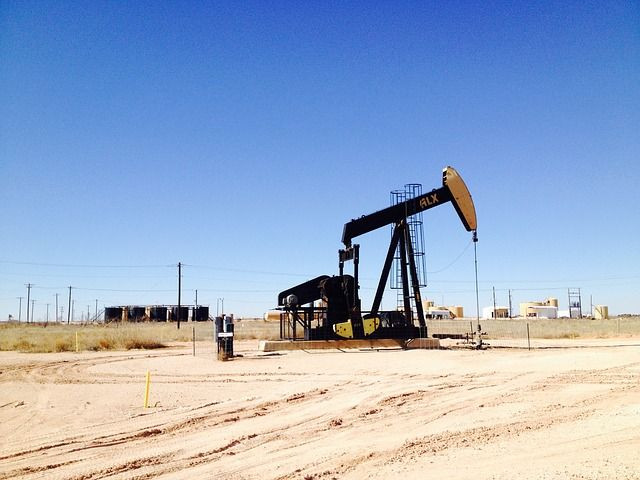Philadelphia To Study Health Impacts Of Fracking

Evidence that fracking, or hydraulic fracturing, is behind a mounting series of health problems such as asthma, Ewing sarcoma and the increased occurrence of premature babies has compelled Pennsylvania to spend $3 million to explore the potential health impacts of the natural gas industry.
“This is something we need to do,” Pennsylvania Gov. Tom Wolf said, announcing his administration's plans to conduct a series of comprehensive studies on fracking and its health dangers. “We need to understand the science. We need to make sure that if there’s something we need to do differently, if there’s something we can learn, let’s learn that.”
Fracking is a method of oil and natural gas extraction that involves injecting fluid into subterranean rock formations at high pressure to force out oil and gas.
Families of young adults stricken by Ewing sarcoma petitioned the state for a study of the potential health impacts of fracking or shale gas drilling. Over the past 10 years, six students in the Canon-McMillan School District have contracted the rare cancer. Out of them, three have died. The families of these children have long suspected fracking as the cause of their cancer.
Ewing sarcoma is a rare form of cancer that forms in bone or soft tissue. Children diagnosed after their disease has spread have a survival rate of less than 30 percent. Children whose tumors are larger or located in the pelvis, ribs or spine are less likely to be cured. About 70 percent of children with Ewing sarcoma are cured, however. The exact cause of Ewing's sarcoma isn't clear.
“I think a lot of people in this area are extremely pleased with this decision to move forward and do an investigation, and I think a lot of families will give answers and maybe closure,” Janice Blanock, whose son died from Ewing sarcoma, said.
The families demand a moratorium on fracking but Wolf said fracking will continue. Wolf also doesn't believe fracking is the cause of the Ewing sarcoma cases.
"I don’t (think fracking is causing these cancers) but that’s what we want to find out. We want to make sure that if there’s something in this process that is linked to this, we need to know that,” Gov. Wolf added.
As of May 1, 2017, Pennsylvania had 129,587 active oil and gas wells. Of this total, 10,097 (or 7.7 percent) are active hydraulic fracturing wells. Pennsylvania sits atop the Marcellus Shale, a sedimentary rock formation that also includes portions of Ohio and Virginia to upstate New York. The formation contains multiple unconventional natural gas resources now being accessed through fracking.




























